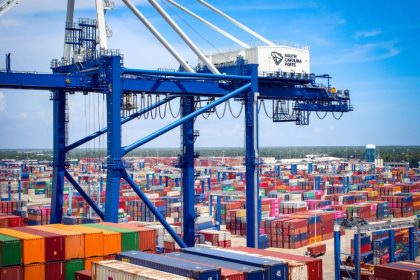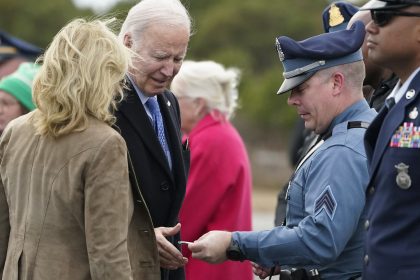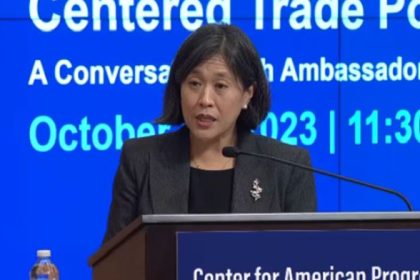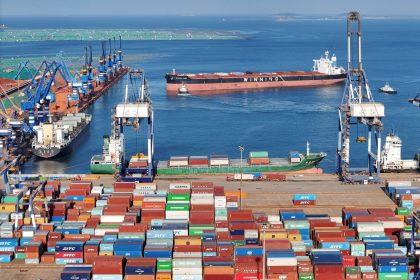World Markets Shaken By Renewed Trump Tariff Threats for China
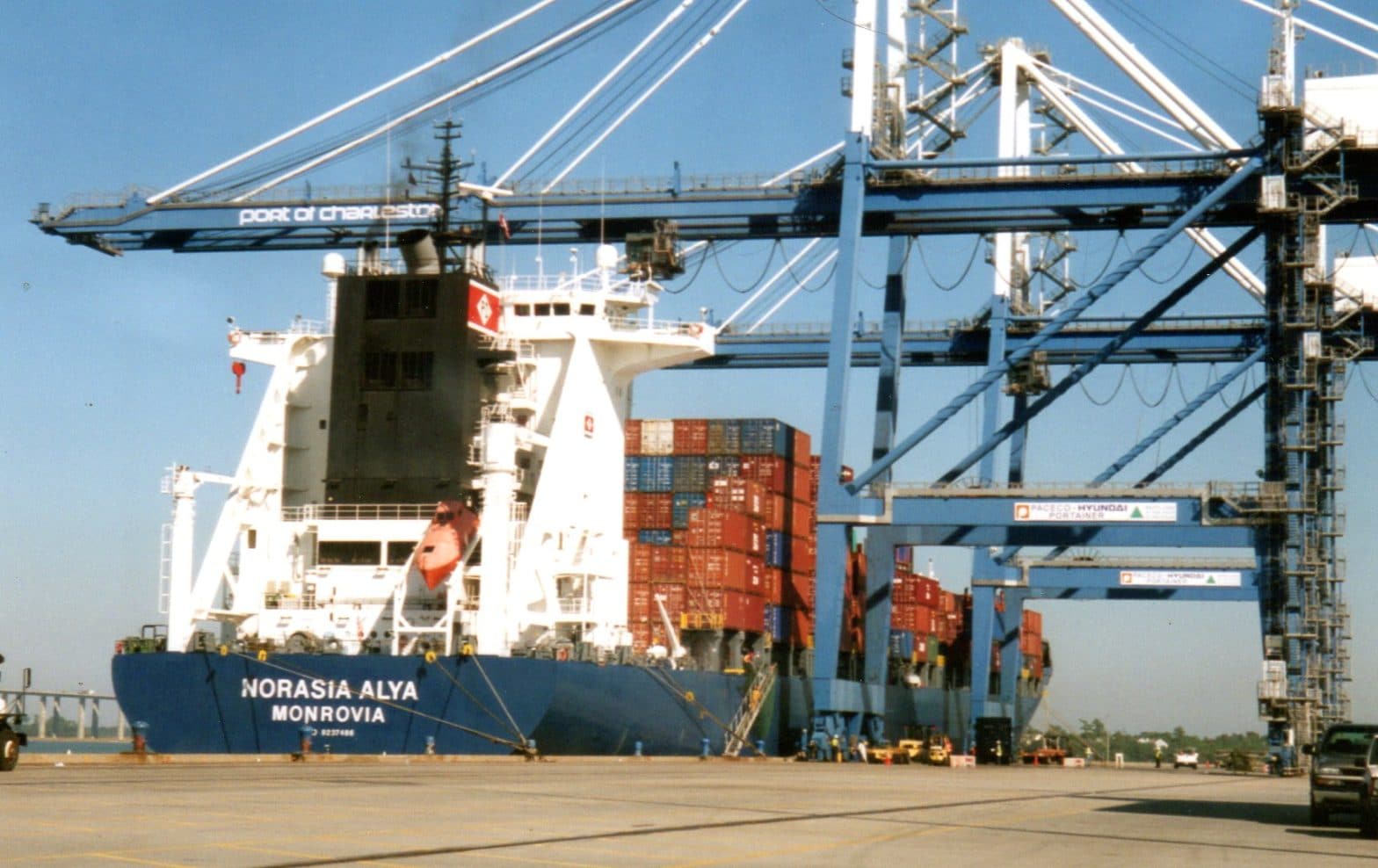
Securities markets around the world swooned Monday after President Donald Trump threatened to dramatically increase tariffs on Chinese imports at a time when many believed the 10-month old trade war between the U.S. and China was coming to an end.
Chinese negotiators are scheduled to arrive in Washington later this week for what many expected to be the final round of talks that would end in some form of trade agreement.
All signs last week pointed to this. After traveling to Beijing last week, Treasury Secretary Steven Mnuchin spoke optimistically of the trade talks being in their “final laps,” and he was far from alone in that assessment.
But in a pair of tweets on Sunday, President Donald Trump appeared to be on a different page from his closest advisors.
The president noted that for 10 months, China has been paying tariffs of 25 percent on $50 billion of high tech goods, and tariffs of 10 percent on $200 billion of other goods.
He credited the tariffs as being “partially responsible for our great economic results.”
But the president went on to complain that trade talks with China are moving “too slowly” due to Beijing’s attempts to renegotiate the impending deal’s terms.
Trump then threatened to raise the current 10 percent tariff to 25 percent “on Friday,” and said an additional $325 billion of goods that are currently not subject to tariffs will also be slapped with the 25 percent rate.
The president has long relied on threats to try to win concessions from U.S. trading partners like Canada, Mexico and Japan. In each of those earlier cases, the Trump administration imposed tariffs on raw materials like steel and aluminum, and then threatened to impose additional tariffs on finished products, like automobiles.
The president was reportedly angered by negotiators who said the Chinese were reluctant to agree to new concessions that would require them to change current laws. In March, China’s National People’s Congress approved new protections for international companies who transfer their intellectual property and other proprietary knowledge or practices to Chinese firms.
The White House, backed by various business groups, contend those protections didn’t go far enough.
Still, Trump’s provocative tweets appeared to take Chinese officials by surprise. China’s Global Times newspaper reported Monday Vice Premier Liu was reconsidering plans to travel to Washington, D.C. this week.
“The President of the United States making such unprofessional and inflammatory comments on trade relations, it is really the tragedy of Western-style politics,” said Hu Xijin, editor-in-chief of the Global Times, via Twitter.
Meanwhile, the new uncertainty over the trade talks caused securities markets around the world, and particularly those in Asia, to slump sharply Monday morning.
Shares in China were down more than 5 percent in late morning trading, and the Shanghai Composite index closed 5.6 percent lower on Monday.
Hong Kong’s Hang Seng index declined 2.9 percent and the Shenzhen plummeted 7.4 percent. Shares also fell sharply in Australia, Indonesia, Taiwan and Singapore. Japan’s markets were closed Monday.
The revived trade tensions between the U.S. and China also depressed oil prices in early trading.
As of 10 a.m., Benchmark U.S. crude was down 0.6 percent, to $61.58 per barrel in trading on the New York Mercantile Exchange.
Brent crude, the international standard, declined 0.3 percent, to $70.64 per barrel.
Europe was also feeling the weight of trade uncertainty, with the CAC 40 in France dropping 2 percent, and Germany’s DAX declining 1.8 percent. London markets were closed for a bank holiday Monday.
In the United States, both the S&P 500 and the Dow futures market were down 2 percent at market open.
U.S. companies that do a considerable amount of business in China were hit hard in early trading. Shares of Apple, Qualcomm and Broadcom all fell close to 3 percent before the opening bell.
According to FactSet Research Systems, a financial data and software company, Apple gets nearly 20 percent of its annual revenue from China, while Broadcom nets about 48 percent of its revenue from the world’s second largest economy, and Qualcomm, nearly 65 percent.
Market volatility aside, several analysts on Monday questioned whether Trump’s threat was simply par for the course for the president.
Reva Goujon, vice president for global analysis at Stratfor, the geopolitical intelligence firm, said Trump’s threat to impose new tariffs “may ironically be a sign of real progress.
“The U.S. and China are nearing a final deal but were bound to hit a wall,” she said, adding that China should have been expecting a Trump threat in the final stages of negotiations and “could have [a] compromise” in its back pocket.
If rumors until now [were] accurate,” Goujon continued, the White House has been bending on Chinese reform of its state-owned enterprises, cyber threats and other issues to get a deal.
“The next thing to watch is if Liu, due in DC on Wednesday, shows up,” Goujon Tweeted.

















